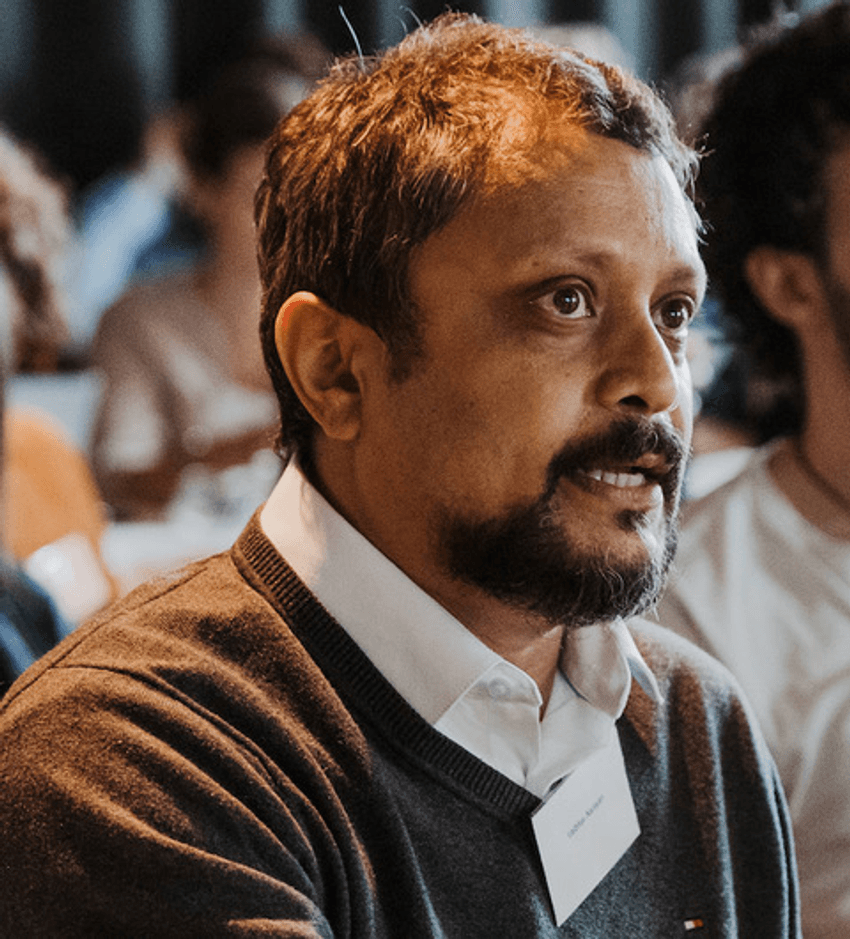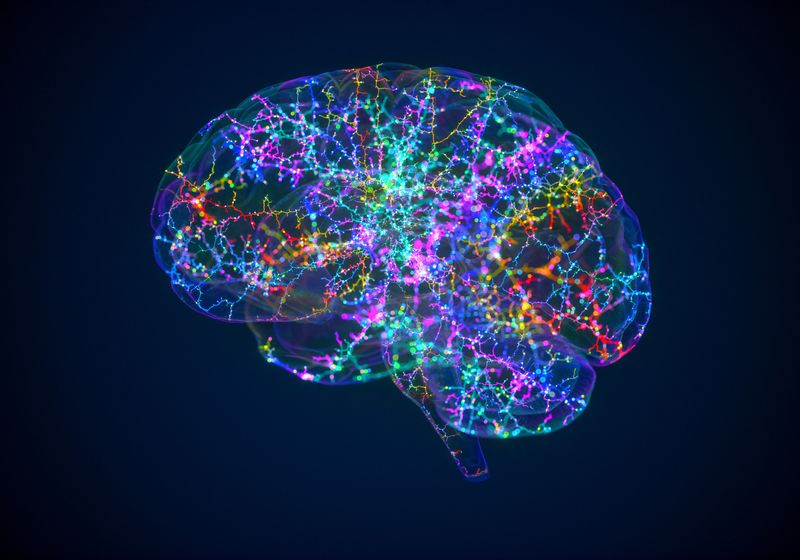
The Davos Alzheimer’s Collaborative (DAC) is a global initiative to improve understanding of Alzheimer’s disease and dementia in diverse populations, particularly in North Africa, where research is underrepresented.
©iStock, imaginima
Alzheimer’s disease affects millions worldwide. Yet, most data from genome-wide association studies predominantly comes from a slice of the genetic pie, mainly from individuals of European ancestry, leaving significant gaps in the understanding of this disease among diverse populations.1
As dementia rates rise globally, particularly in low- and middle-income countries, it is crucial to include underrepresented groups in research. To bridge this gap, the World Economic Forum and the Global CEO Initiative on Alzheimer’s Disease established the Davos Alzheimer’s Collaborative (DAC) in 2021. With this initiative, the researchers aim to expand brain health research by building a comprehensive Alzheimer’s disease and dementia dataset incorporating genomic data from diverse global populations.

Vaibhav Narayan noted his excitement about the insights that could emerge as DAC builds ecosystems to drive innovation.
Davos Alzheimer’s Collaborative
“Unless we understand the full spectrum of variability in this disease and all the heterogeneity underlying it, we cannot develop good [diagnostic or therapeutic] solutions,” remarked Vaibhav Narayan, executive vice president and head of Research Strategy and Innovation at DAC, who has worked in the realm of neuroscience, genomic sequencing, and data science.
DAC has seven active cohorts across the globe, including Kenya and Egypt. Narayan described DAC as an organization that focuses on building partnerships with local researchers, collecting and analyzing data, ensuring data accessibility, and sharing insights within the scientific community—all aimed at developing diagnostic tests and therapies for Alzheimer’s disease and dementia.
One key collaboration, established in 2024, is with The American University in Cairo and University College London. This effort focused on collecting blood samples from across 10 governates in Egypt. In addition to more than 1,500 blood samples, the researchers collected data from cognitive assessments, smell tests, and speech biomarkers to assess early signs of Alzheimer’s disease. Researchers also examined environmental factors, such as air pollution and pesticide exposure, which can play a role in the development and progression of Alzheimer’s disease. Participants are aged 55 and older and include those at high risk for memory loss and cognitive decline, as well as individuals with existing memory issues and dementia.
Mie Rizig, a collaborator involved in DAC’s genomics work, is a neurologist and molecular geneticist at University College London, who has extensively worked with Black populations in Africa affected by neurodegenerative diseases. Rizig highlighted the unique value of Egypt as a cohort, given its population of more than 110 million people and higher-than-expected rates of cognitive decline. By studying genetic predispositions alongside environmental factors, researchers hope to develop interventions that could significantly impact both prevention and treatment. Egypt’s strategic location as a gateway to the Middle East also means that insights gained here could benefit other populations with similar genetic backgrounds.
Researchers typically use short-read sequencing techniques to pinpoint specific genes and structural variations associated with Alzheimer’s disease risk. Short-read sequencing breaks DNA into small fragments like complicated jigsaw puzzle pieces; however, it can be challenging to determine the origin of each fragment within the genome and detect specific genetic changes.
To enhance this effort, DAC recently partnered with Pacific Biosciences (PacBio)—the company will help conduct long-read sequencing on the blood and saliva samples to identify genetic risk factors for Alzheimer’s disease. Long-read sequencing keeps DNA sections larger, akin to pieces from a child’s simple puzzle, making it easier to spot subtle mutations and repetitive regions. This approach not only provides a more comprehensive view of the genome but also allows for the detection of epigenetic changes.

With PacBio joining DAC’s efforts, Neil Ward expressed his enthusiasm for how PacBio’s long-read sequencing technology will enhance DAC’s genomic analysis.
PacBio
“PacBio sequencing technology is starting to allow groups to understand genetic risk to Alzheimer’s and find genomic features that haven’t previously been detected,” explained Neil Ward, vice president and general manager for Europe, the Middle East, and Africa at PacBio. Previously, researchers used PacBio’s long-read sequencing to study the genome of a cognitively healthy 115-year-old woman, aiming to identify structural variants that might be linked to neurological disorders.2
“Understanding different genetic variations in different ancestries can also help give us new directions and insights into the biology. And I think that’s really important for genomics as a whole,” said Ward.
As sample collection wraps up, Ward expressed his enthusiasm for the sequencing process to get underway. Then, Narayan remarked that one of DAC’s goals is to democratize research by using a shared platform, the Alzheimer’s Disease Data Initiative, which will provide access to the data and enable researchers to cross-analyze it with other datasets.
In uniting local expertise with global collaboration, DAC and its partners are paving the way for a more inclusive understanding of Alzheimer’s disease. Narayan highlighted the potential of this joint effort to build momentum toward prevention in younger populations through increased awareness, education, and affordable, scalable digital interventions. Rizig further emphasized that this research goes beyond data: It’s about serving the community by improving health literacy and fostering engagement. “I always think that the genetic backgrounds of Africans are very powerful genetic tools for discoveries. What we learn from these populations will not just remain isolated to them but will benefit others as well,” said Rizig.
Source link




